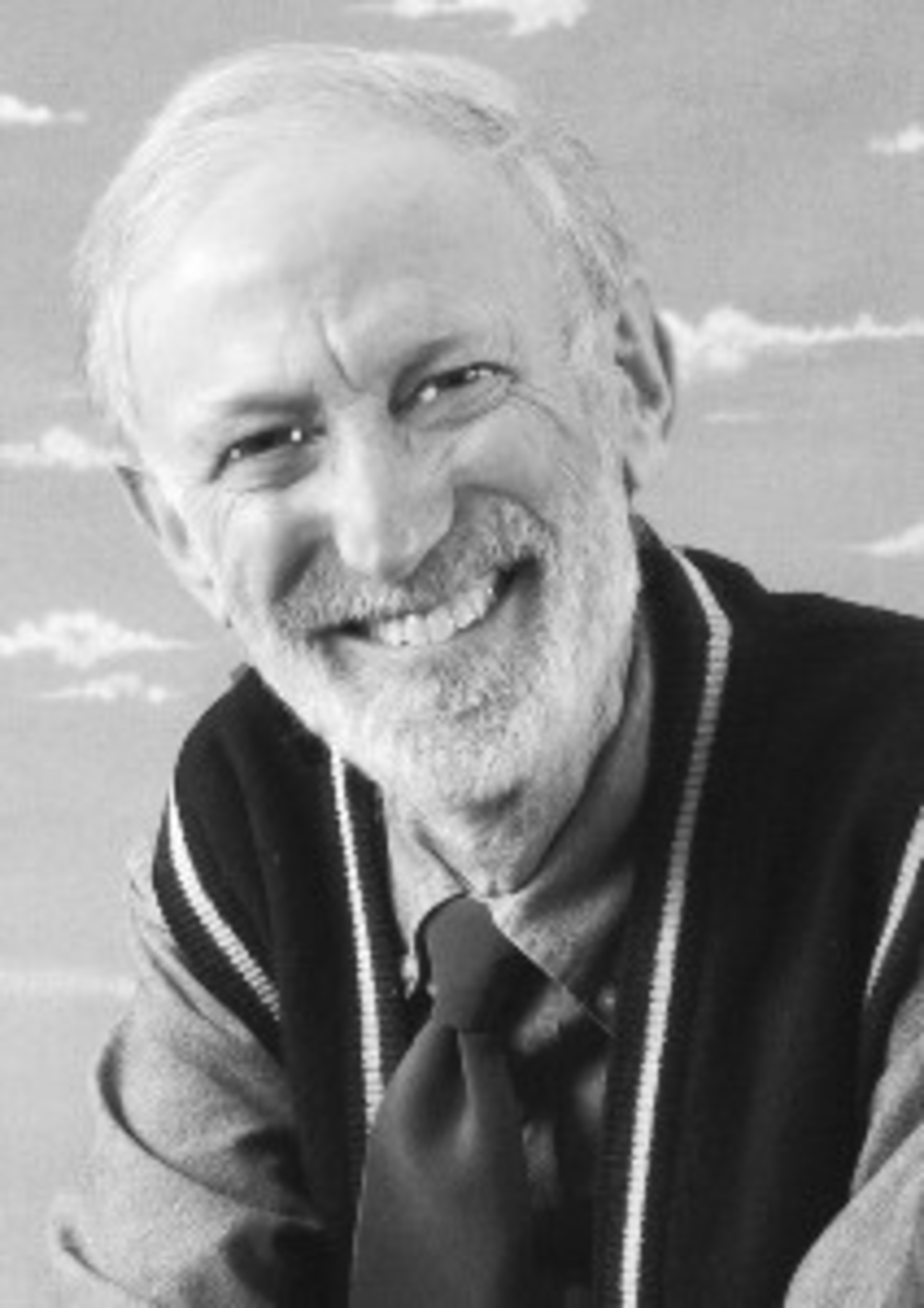An ode to trees
Trees have spoken to me pretty much all my life: Every day is Tu B’Shevat to me!
Yeah, I learned from poems, even Joyce Kilmer’s famous lines, which turned into the lyrics to the song for Arbor Day, and starts with, “I think that I shall never see/a poem lovely as a tree.” The poem, “Trees,” closes with a religious ode: “Poems are made by fools like me/but only God can make a tree.”
When I was a college boy, my renowned professor at Yale, Cleanth Brooks (who invented the “New Criticism”), despised “Trees,” and openly attacked it for the crime of illogical metaphors, as well as the sentimentality due to the death of the poet on the battlefield.
But when I think about our Jewish prayers and praise for creation, I retrieve the verse and enjoy it openly again. Indeed, I used to recite by rote the rhyming lines of poems about trunks all the way to the roots of an arbor, an orchard, to the most common maple, oak or palm planted by hand or machine. Throughout all the myriad chapters of my life.
In a way, I think it got me through my school days, life on campus, my work office, backyard strolls around my property.
In Israel, I planted trees on a kibbutz in the Galil. Sasa, I think was its name.
On Tu B’Shevat, the Jewish “New Year of the Trees,” I don’t want to pray with gratitude for trees’ utility, the profit to be gained from trees as a product. I prefer the concept of the burning bush, which speaks to us with sacred spiritual words. And Divinity designed Eden, and pronounced it “good.”
In a world, and even a universe, in which “nature” is a thing to be overcome, the mysterious and magical quality of a life form with depth and height, the dignity of its generosity toward birds and squirrels, and its connection to libraries, with their “branches” and benches, with their contemplative invitations to wanderers … we might recite blessings in Hebrew!
MIKE FINK (mfink33@aol.com) is a professor emeritus at the Rhode Island School of Design.








